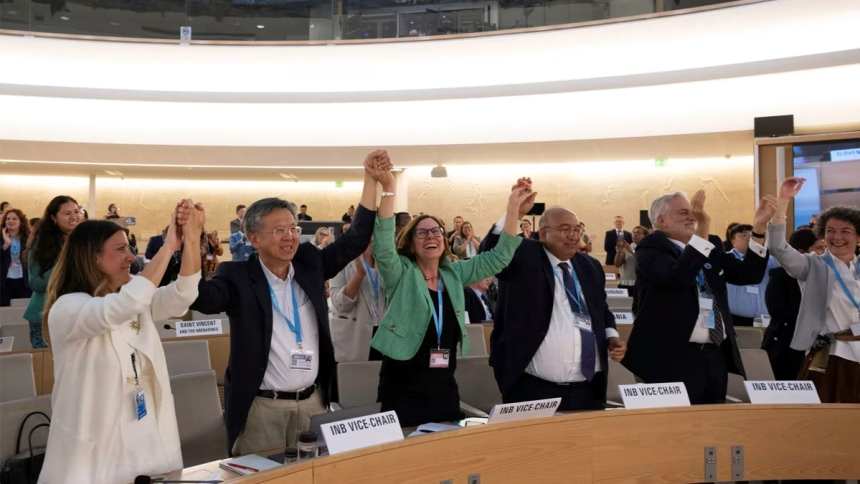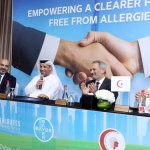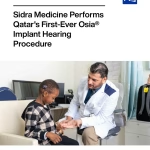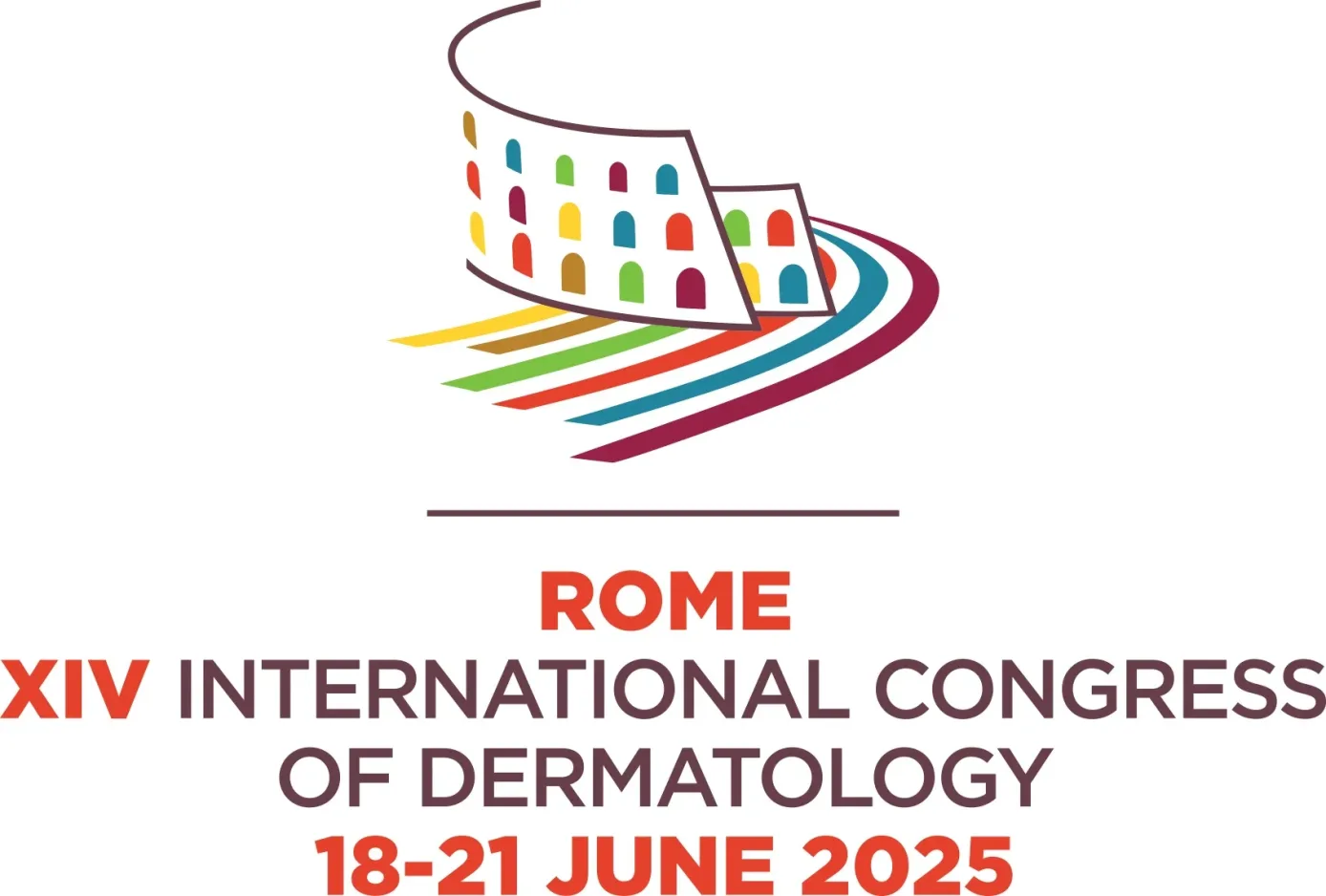In a landmark move shaped by the painful lessons of COVID-19, Member States of the World Health Organization (WHO) have adopted the world’s first-ever Pandemic Agreement, setting the stage for a more equitable, united, and prepared global response to future pandemics.
Adopted during the 78th World Health Assembly in Geneva, the agreement follows three years of intense negotiations sparked by glaring inequities and vulnerabilities exposed during the global pandemic.
“The world is safer today thanks to the leadership, collaboration and commitment of our Member States,” said Dr. Tedros Adhanom Ghebreyesus, WHO Director-General. “This Agreement is a victory for public health, science and multilateral action.”
The WHO Pandemic Agreement lays out principles and tools for global coordination, especially around access to vaccines, treatments, diagnostics, and the logistics that get them where they are needed most—fast. It is designed to ensure that no country, regardless of income level, is left behind when the next pandemic strikes.
🔑 Key Highlights of the Agreement:
Equitable Access: Manufacturers participating in the Agreement will make 20% of their real-time production of vaccines and therapeutics available to WHO for distribution, with special focus on developing nations.
National Sovereignty Respected: The Agreement explicitly does not mandate national lockdowns, vaccine requirements, or travel bans, preserving the autonomy of individual countries.
Next Steps: WHO will now initiate negotiations on a Pathogen Access and Benefit-Sharing (PABS) system, and set up mechanisms for funding and logistics coordination to ensure pandemic products reach those in need quickly.
“This is a once-in-a-generation opportunity,” said Dr. Teodoro Herbosa, President of the 78th World Health Assembly and Health Secretary of the Philippines. “COVID was a global emergency; this agreement is a global insurance policy.”
Also in motion is the Global Supply Chain and Logistics Network (GSCL), envisioned to eliminate access barriers and ensure health products are affordable and readily available in times of crisis.
The agreement becomes legally binding once 60 Member States ratify it. It is only the second such treaty negotiated under Article 19 of the WHO Constitution, following the 2003 WHO Framework Convention on Tobacco Control.
As the world looks ahead, this agreement is a pivotal reminder: global health security is only as strong as its most vulnerable corner.





















